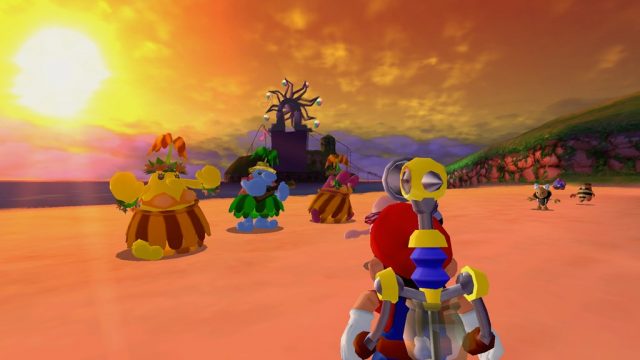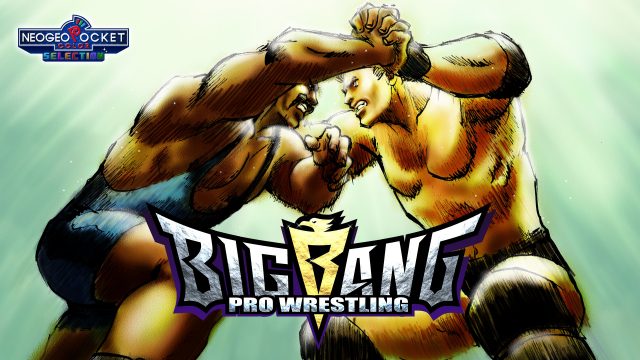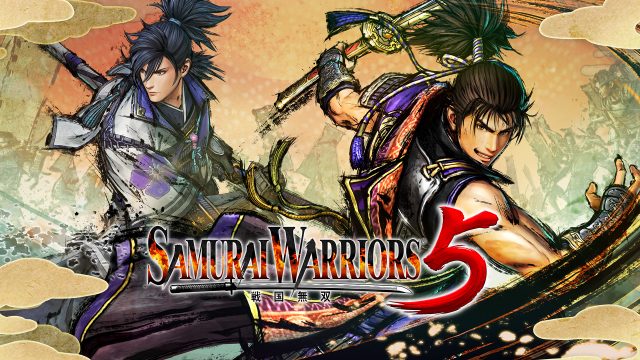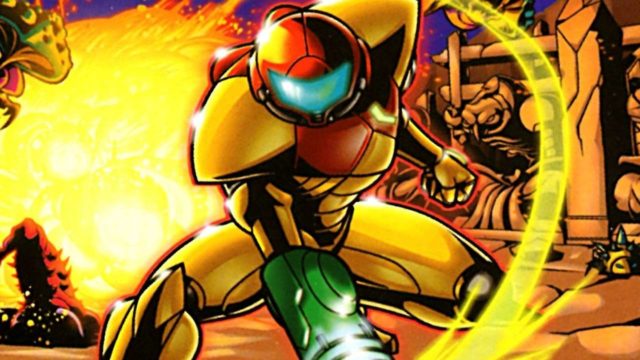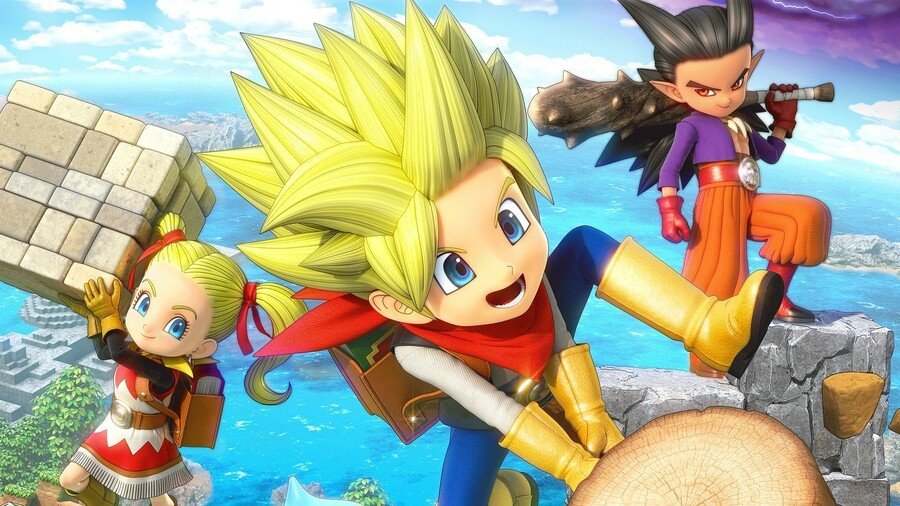
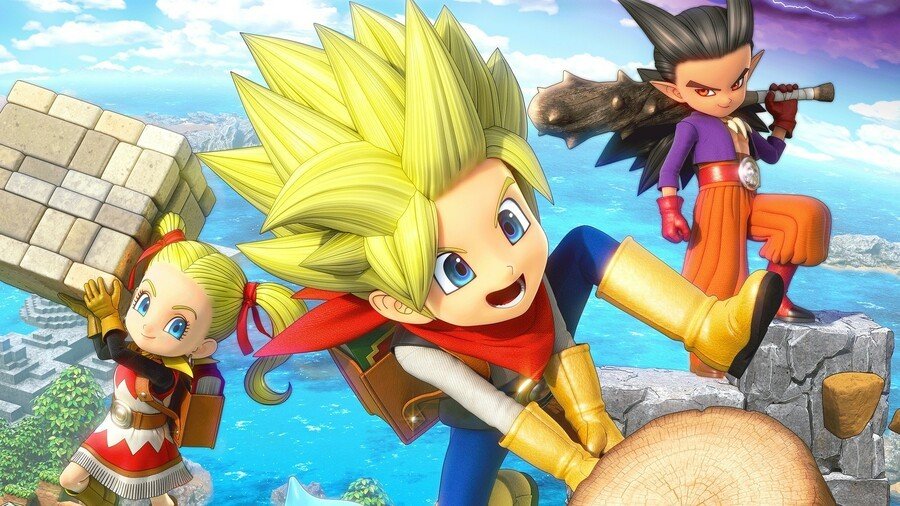
Ah, spin-offs. The cynical shareholder-approved cash-grab created for a series that’s got a little too big for its boots. The desperate last-ditch attempt at trendy relevance for a fading favourite. A shoddily resurrected IP’s woefully undercooked stab at attracting a new audience.
They’re the “Grandma heard you liked playing game boxes” of the hobby; the officially licensed pretenders to the video game throne; titles to be treated with anything from mild caution to outright contempt for being so wilfully "unfaithful" to their respectable roots. Some of them certainly deserve all the criticism the internet can muster for bolting an irrelevant famous name onto a lazy idea and then daring to charge money for it.
Some of them, not all of them.
The best spin-offs or crossovers are great fun when played by the fans they were created to entertain: I defy anyone to not enjoy one of Omega Force’s Warriors titles themed around their favourite series
The best spin-offs or crossovers are great fun when played by the fans they were created to entertain: I defy anyone to not enjoy one of Omega Force’s Warriors titles themed around their favourite series (which at this point could be absolutely anything from Gundam to Breath of the Wild to Fire Emblem to One Piece to Persona 5), and the very best examples of this financially reliable branch of game development manage to expand upon their source material in new and fascinating ways.
Look at the way the Theatrhythm titles take one of the many specific things the Final Fantasy series has always been praised for and then siphons it off into its own context-free miniseries, allowing everyone to enjoy those grandiose battle themes at any time without all of that grindy RPG’ing — arguably the one thing that has always made a Final Fantasy a Final Fantasy — getting in the way. These offshoots couldn’t be more different from any of the original titles they shamelessly plunder for content, and the Theatrhythm series couldn’t be better for it.
And for those who aren’t already in love with the well-known logo on the front of the box but perhaps know they like action, sport, or fighting games and would love to play more in the same genre, these licensed by-products offer a precious chance to fall in love with a series they otherwise may never have gone near.
Let’s use the recently released Pokémon Unite as an example of this world-expanding phenomenon. It’s free to start for anyone with a Switch (and later in the year for anyone with a compatible phone), which already removes the most obvious barrier to entry — upfront cost. Pokémon games aren’t cheap to buy even secondhand (perhaps especially secondhand) and for new or lapsed players there’s a bewildering array of remakes, enhanced versions of previous releases, differing versions of brand new titles, and upcoming games to choose from.
Is Unite anything like a “true” Pokémon experience? Can casual users hope to get a feel for traditional battling while they get to grips with Aeos energy, goal zones, and new clothes for their Pikachu? No. And that’s a good thing. It’s a fresh start, a chance to try a new Pokémon game free from any worries about picking the right sort of moves for the right sort of Pokémon or wondering if you’re supposed to recognise who the person currently talking to you is. It gives people a chance to dip in and find out they have a favourite Pokémon and then maybe spot them or one of the same type in a New Pokémon Snap photo on their friend’s social media feed or in the trailer for Brilliant Diamond/Shining Pearl and feel fondly enough about them to finally sample a game in the series they’d previously only looked at from afar.
This peek into new worlds can even work in reverse. At a glance Dragon Quest Builders appears to be the biggest sell-out of them all — a Minecraft clone with a bankably popular name attached published by a respected developer that should frankly aim higher than copying somebody else’s homework.
Only the Builders games were far more than that; they were good enough to convince a few fans of an endearingly old-fashioned RPG series that maybe there was more to this blocky crafting game idea than viral hype and mountains of merchandise — and also proved that Dragon Quest is strong enough to thrive even without its usual creative crutches.
That’s the magic of good spin-offs: they can introduce fresh faces to long-established classics they may have felt too intimidated or overwhelmed to tackle head-on, while also encouraging ardent fans of one particular series to try out a genre or style they may have never even considered before. Maybe someone will find themselves really taken by a Pinball FX 3 table themed around their favourite movie and then go on to seek further challenges in the excellent Demon’s Tilt. Maybe Fire Emblem’s strategy won’t feel quite so alien to people who recognise a few faces (okay, more than a few faces) from their time with Super Smash Bros.
A spin-off or crossover gives those short on time or interest for whatever reason a straightforward focal point, something to latch on to that can be easily understood without painstaking research
Gaming, especially these days, is a constant stream of new releases spread across multiple similar-but-different pieces of equally expensive hardware. A spin-off or crossover gives those short on time or interest for whatever reason a straightforward focal point, something to latch on to that can be easily understood without painstaking research which can then take them in new and interesting directions. You know someone, somewhere, has picked up Splatoon 2’s box, thought “Isn’t that one of the racers from that kart game I like?”, and then taken a chance on a team-based ink ‘em up they’d have never even looked at if the Inkling’s guest appearance in Mario Kart 8 Deluxe hadn’t gently led them there.
As veteran gamers, it's easy to scoff at spin-offs, especially when firms like The Pokémon Company churn them out at such a rate that the names start blending into one another — Unite, Masters, Cafe, Quest, Conquest, Duel, Rumble and so on — but identifying a game as a “spin-off” shouldn’t come with a free helping of cautious judgement. Imaginative use of old titles and properties can take an over-familiar series and its equally over-familiar players to exciting new places they might not have ventured without encouragement, bringing new fans — and new ideas — back with them.
And if it doesn’t work out? The chance of a poor spin-off or crossover sinking a healthy series is virtually nil, meaning fans can simply stick with 'the real thing' and wait for the next unpredictable twist on their favourite game to show up.
